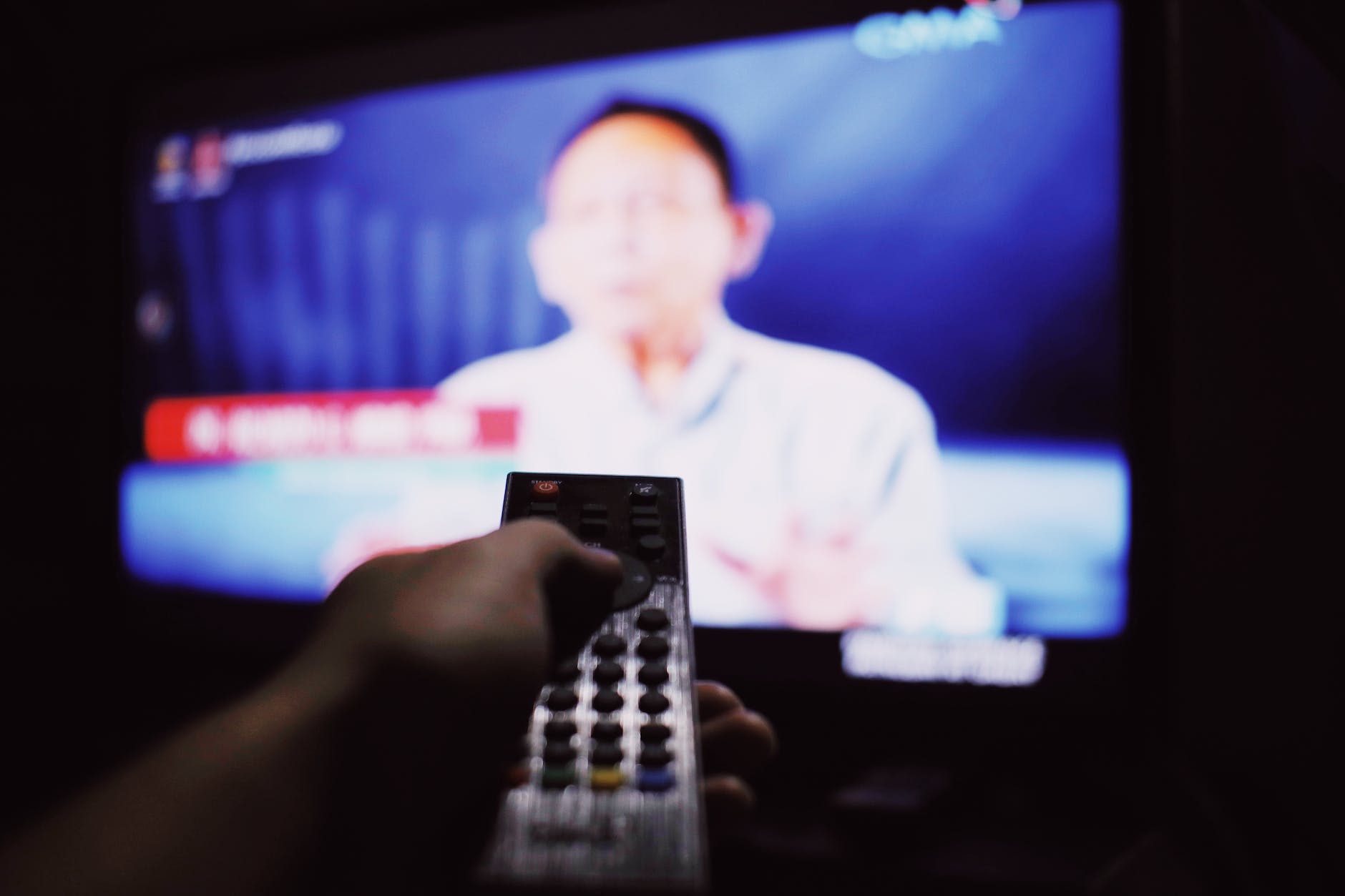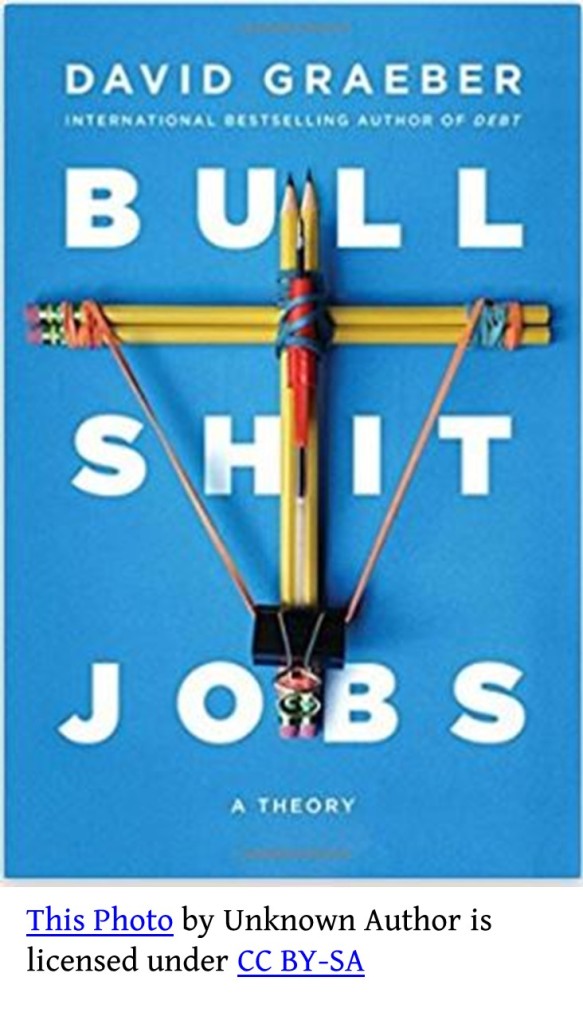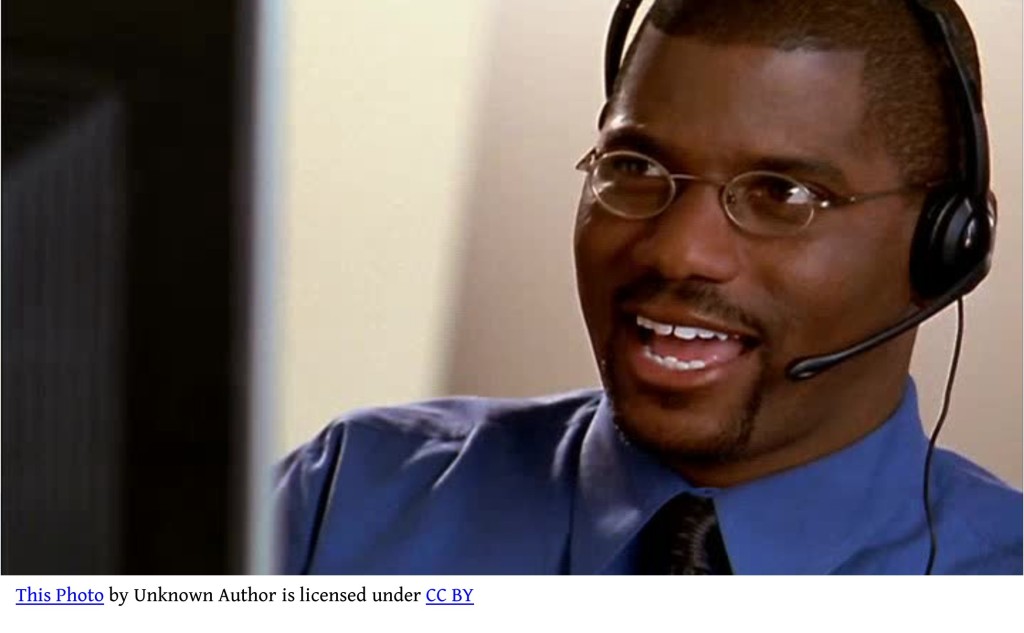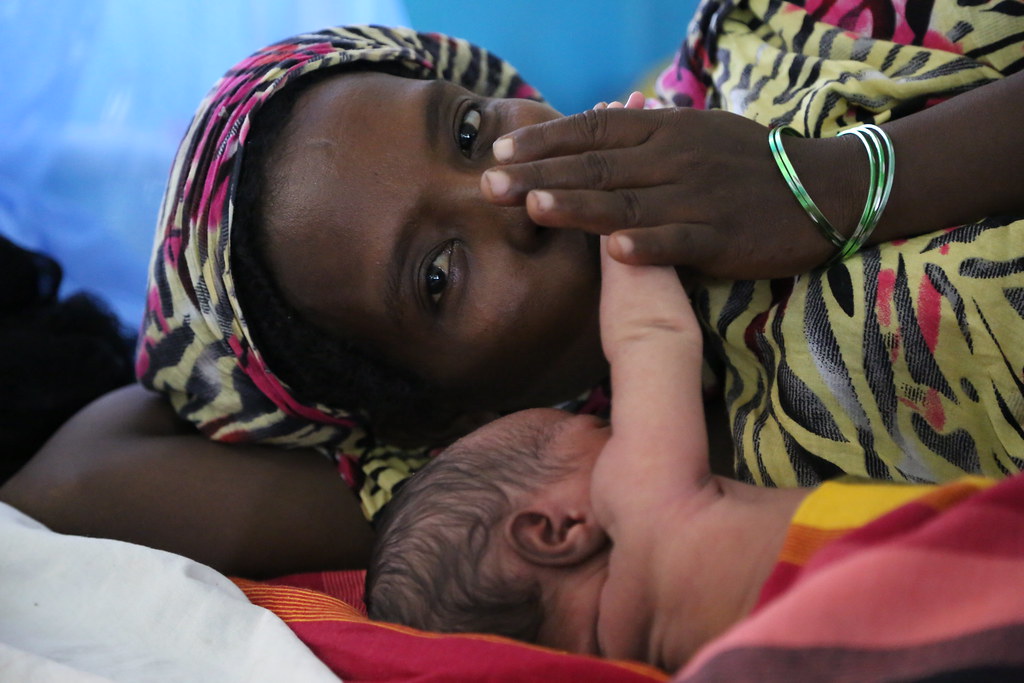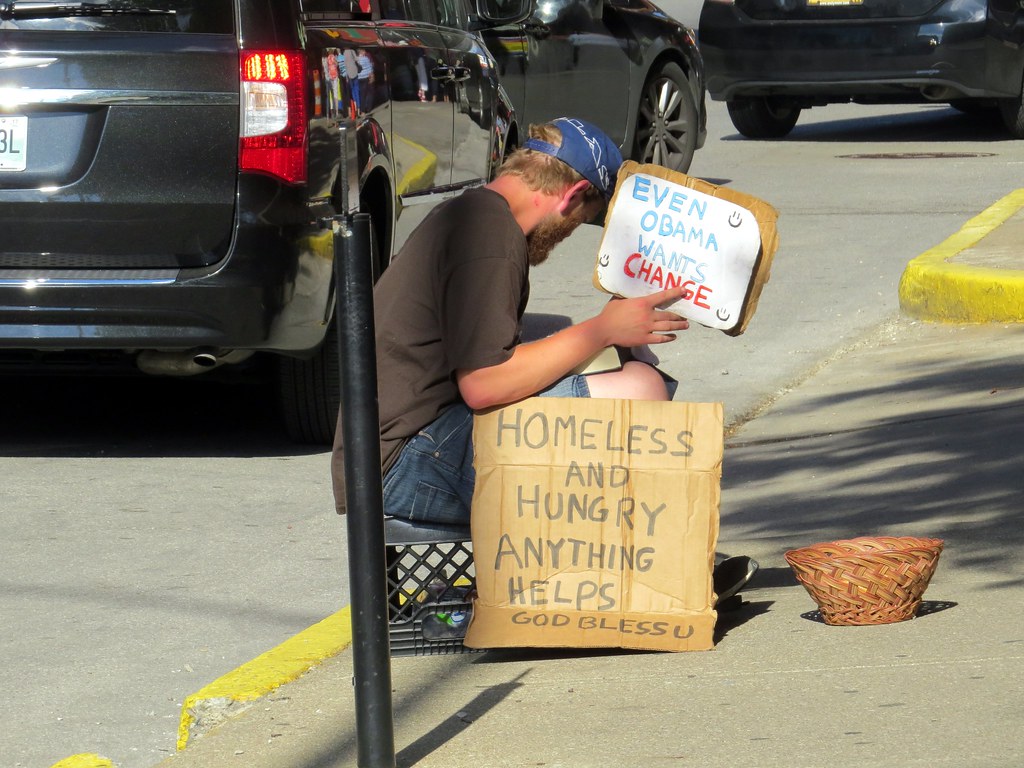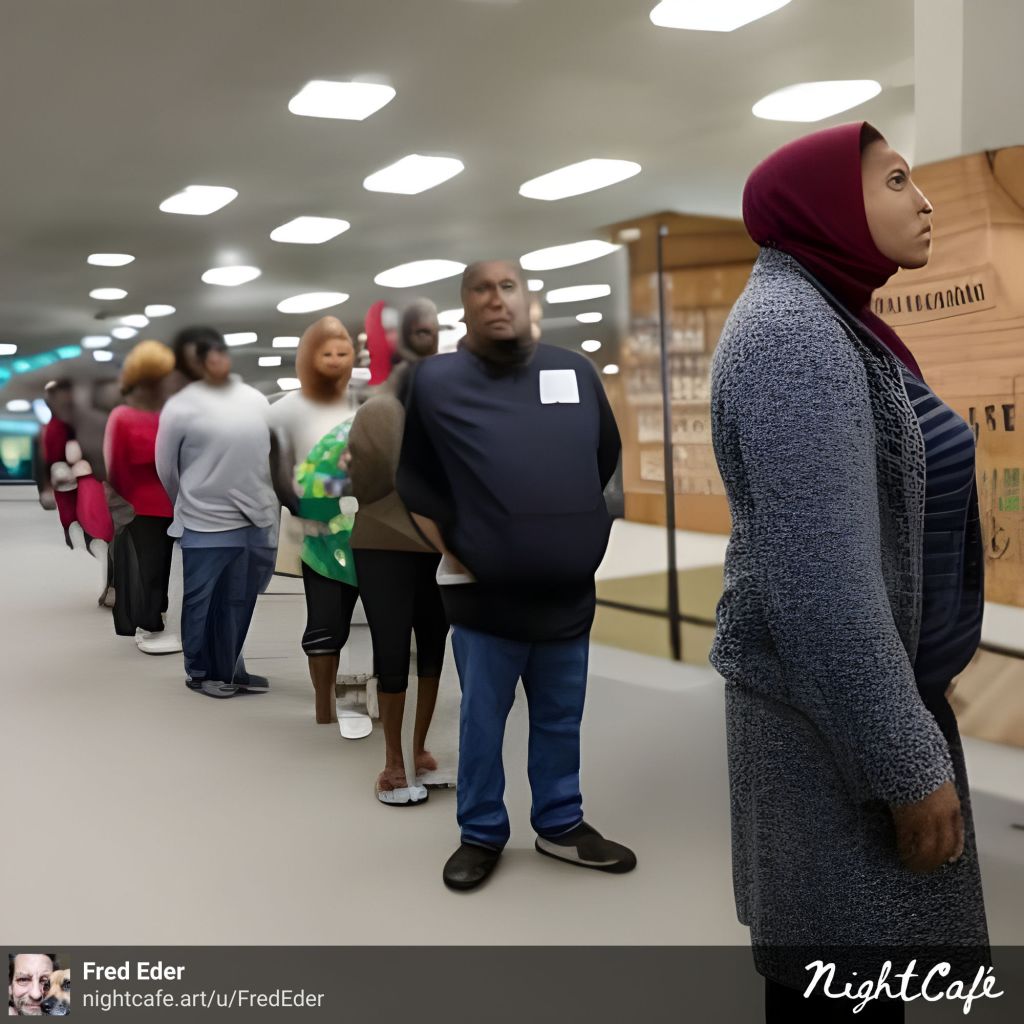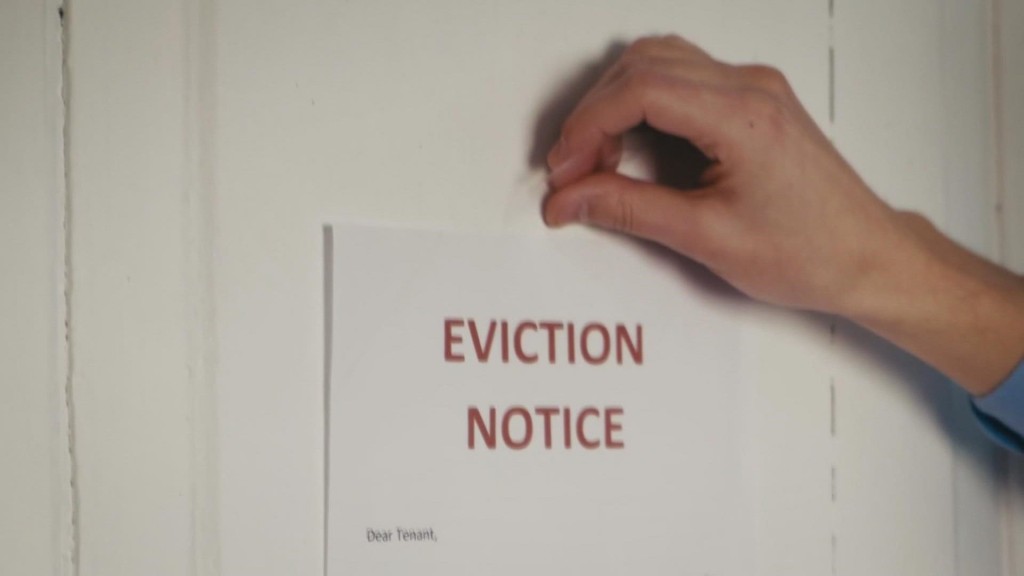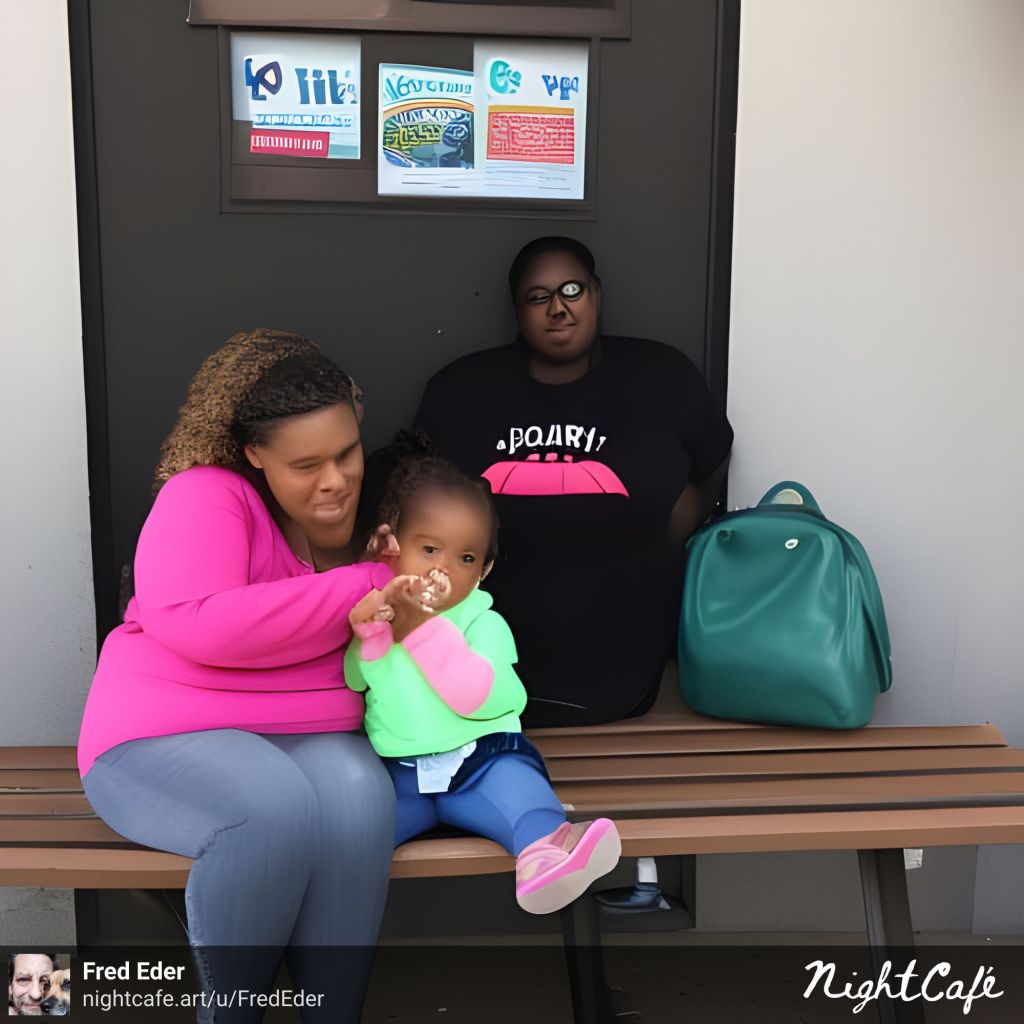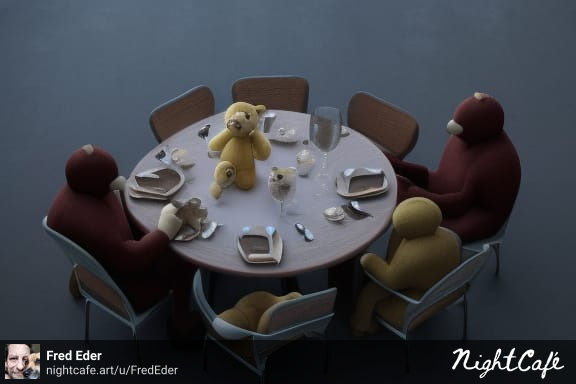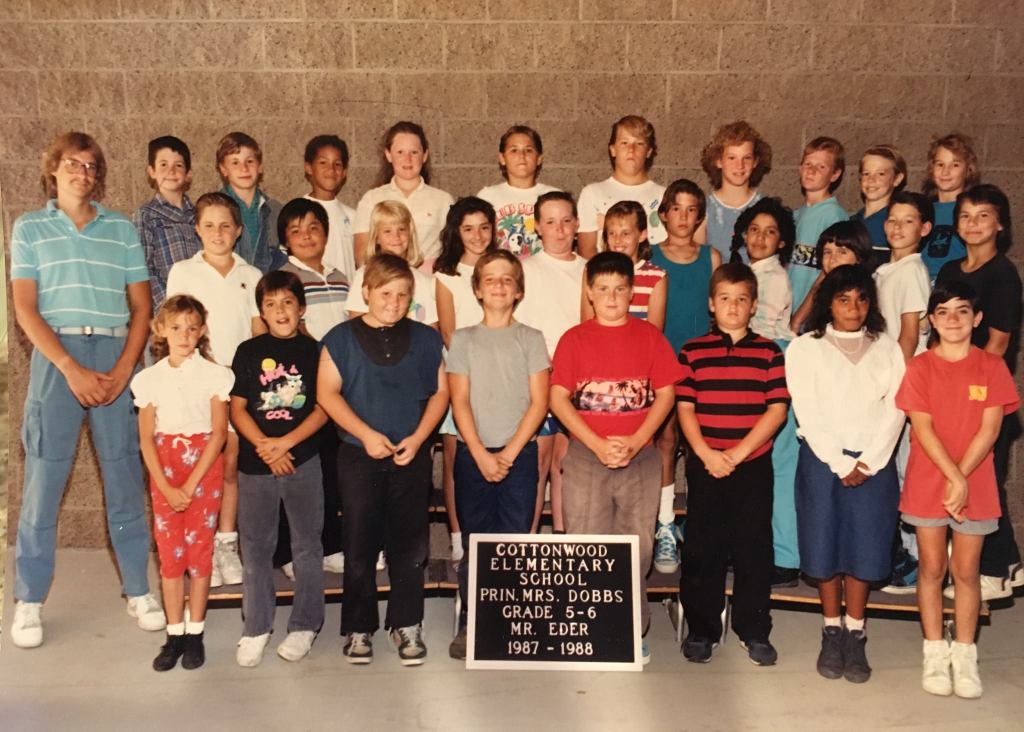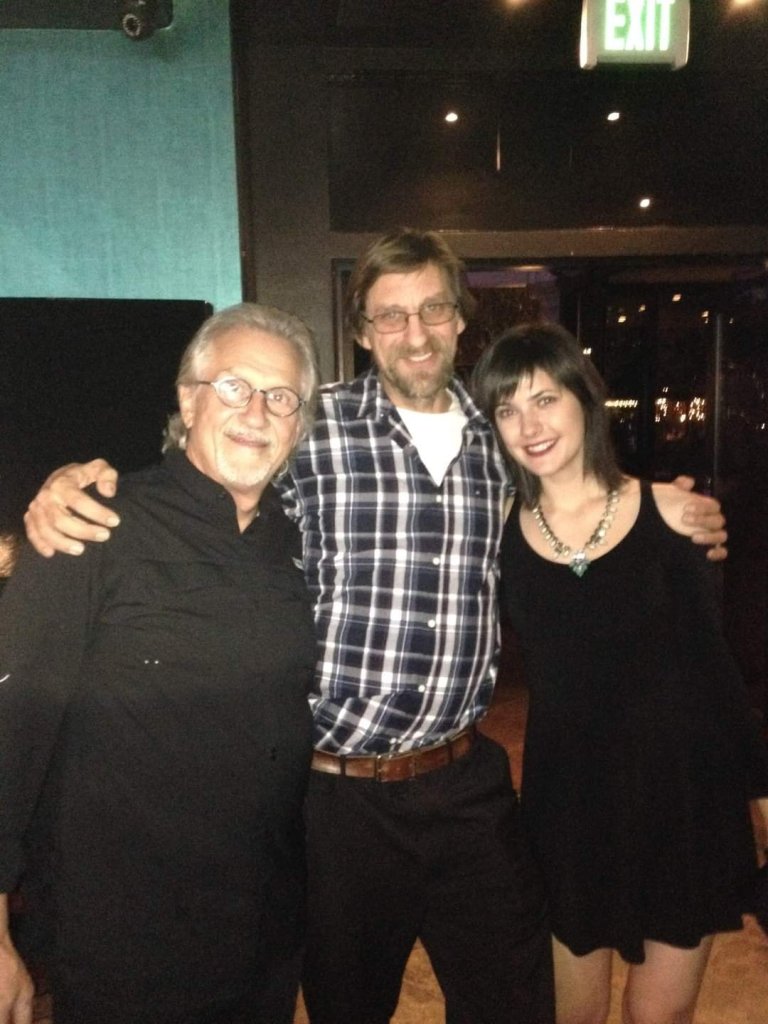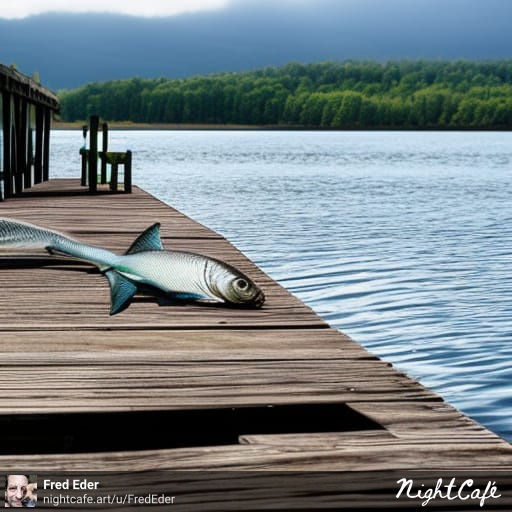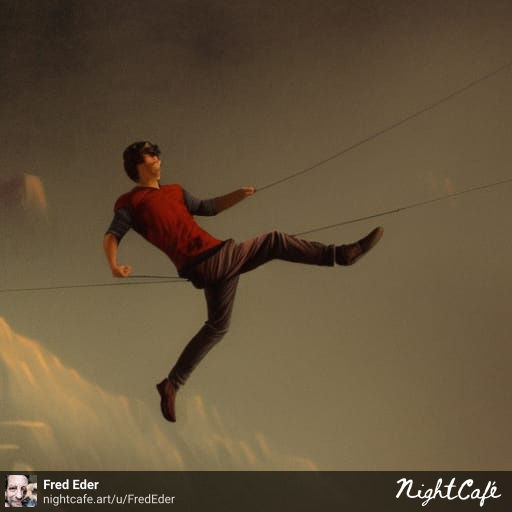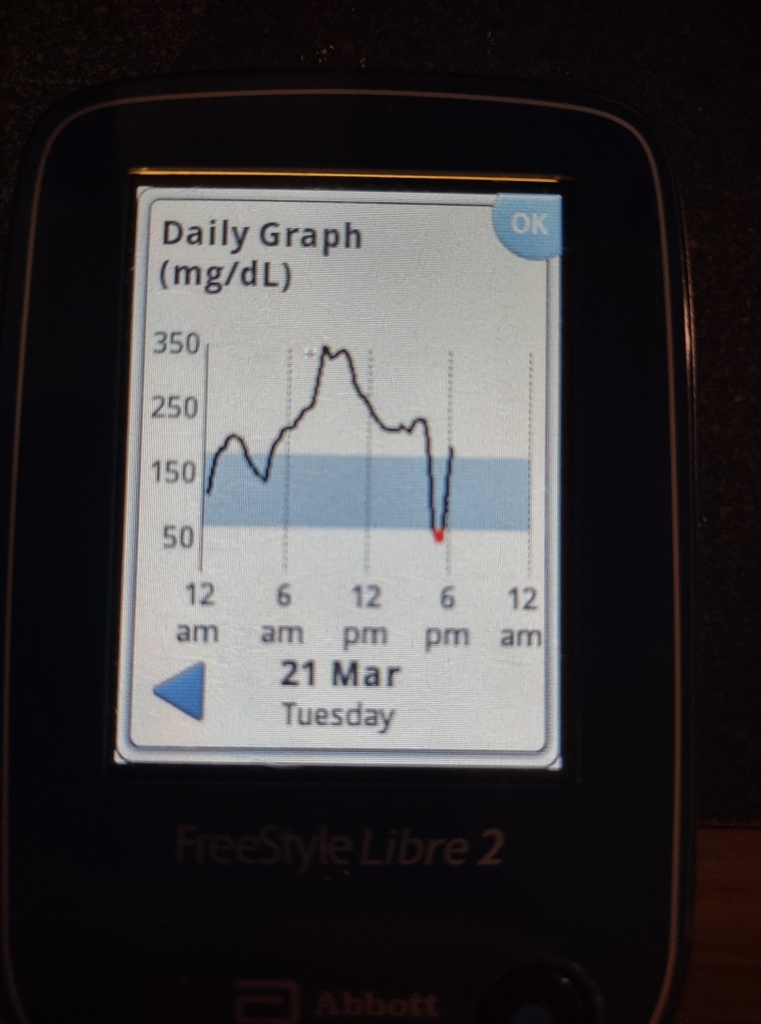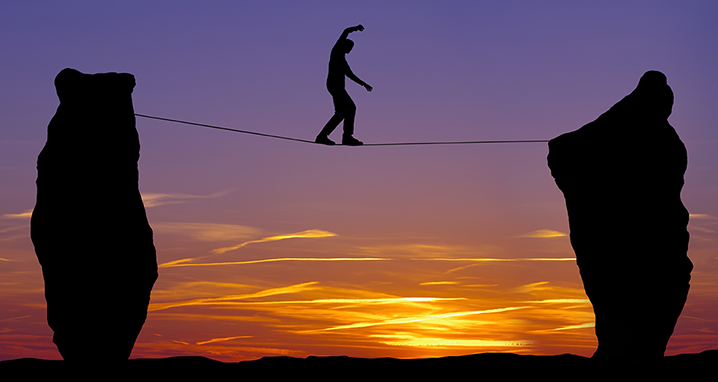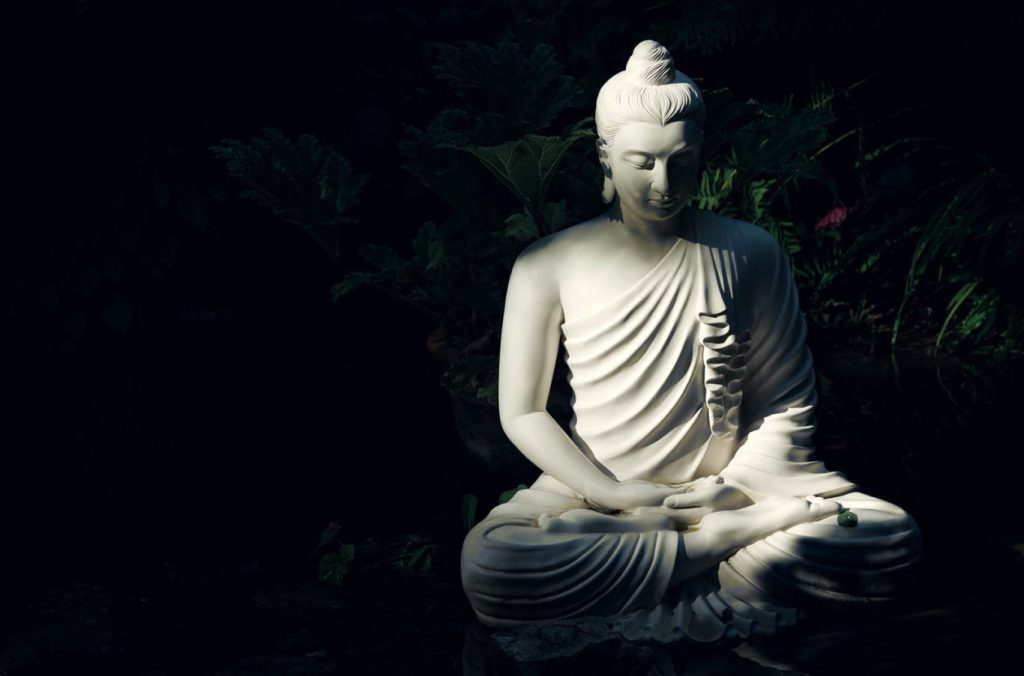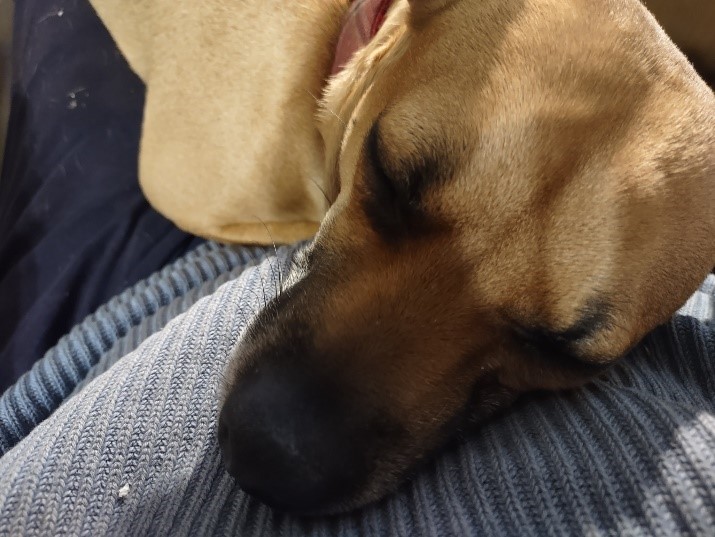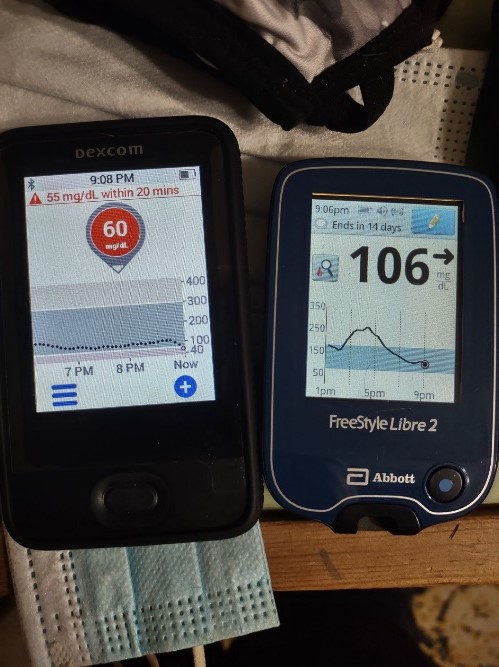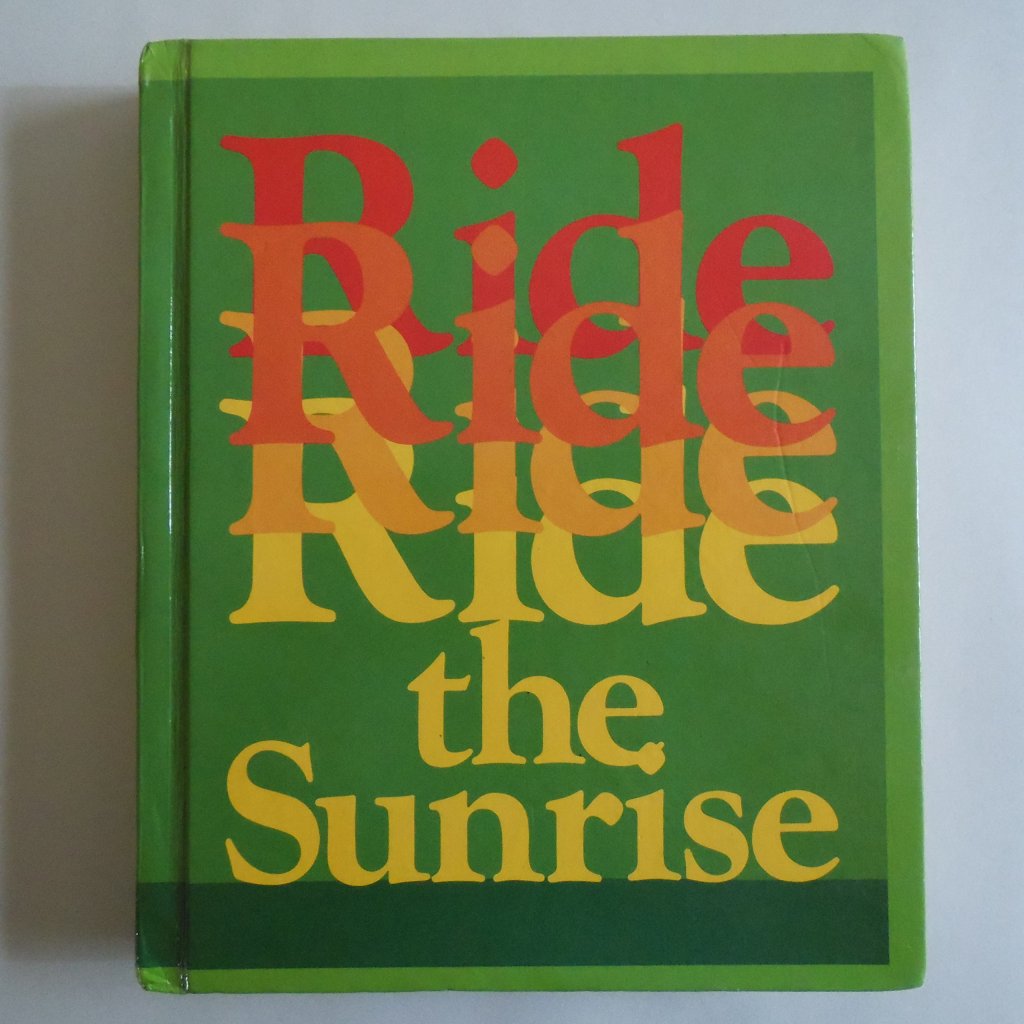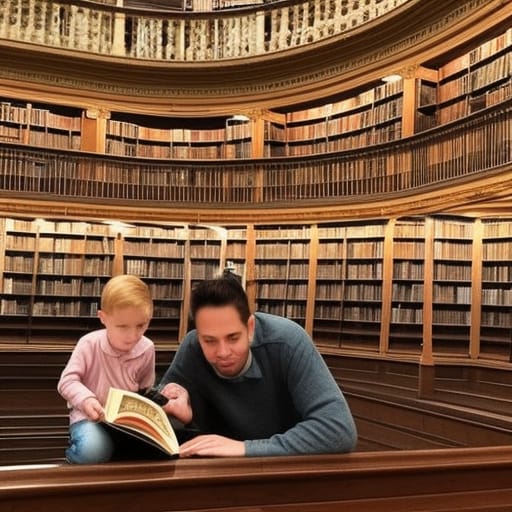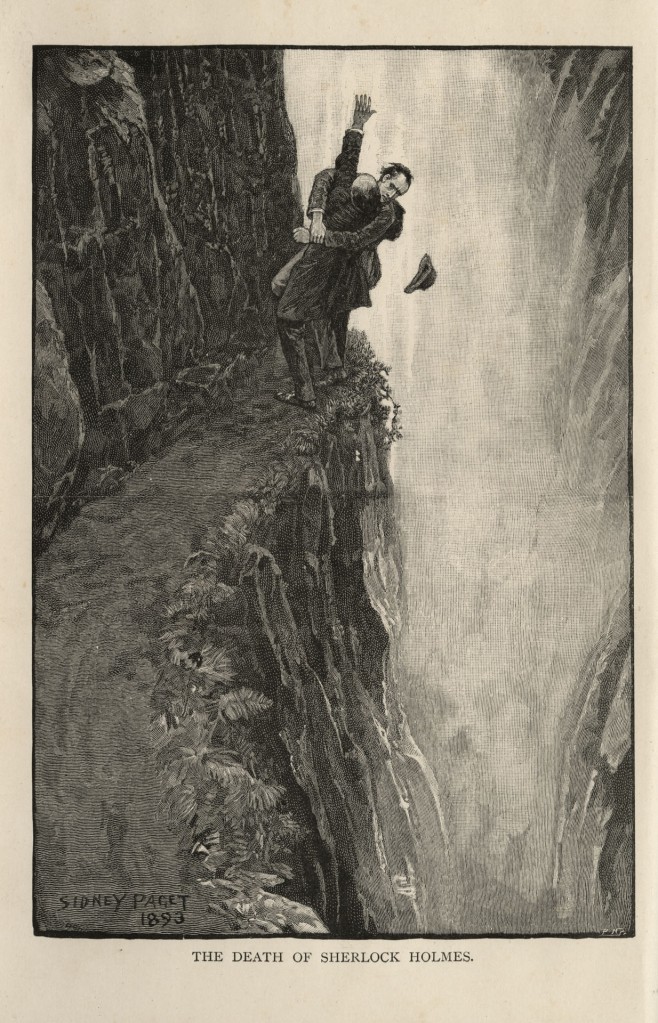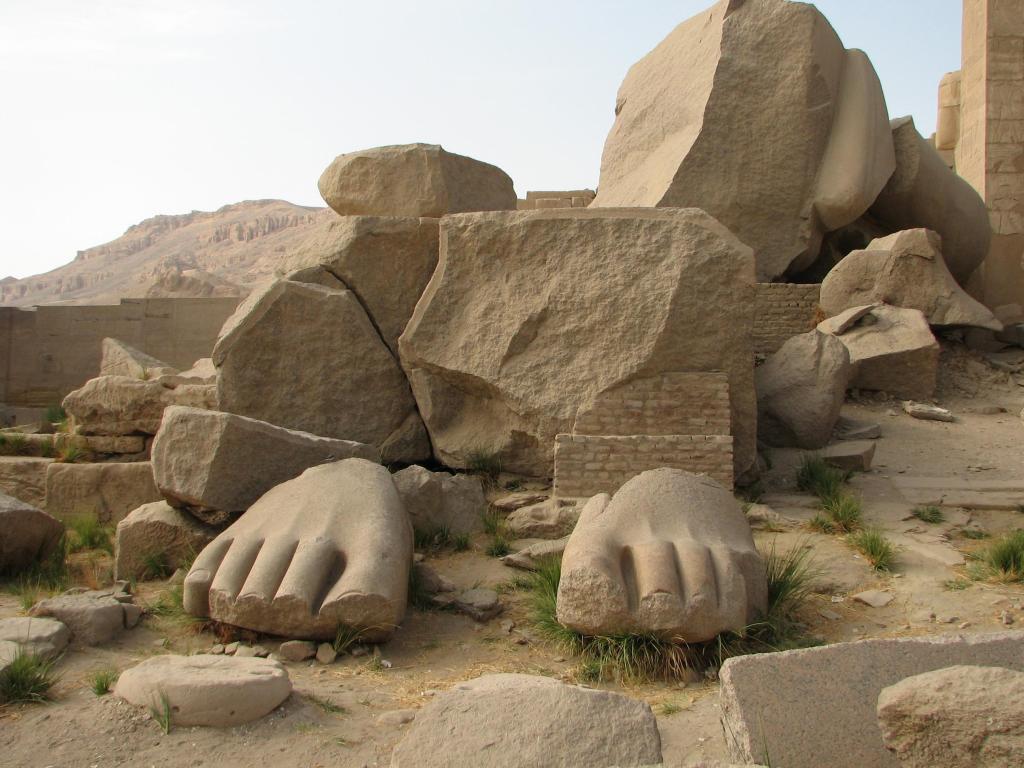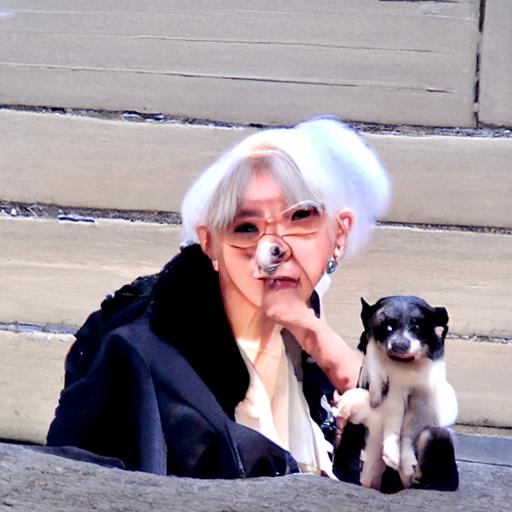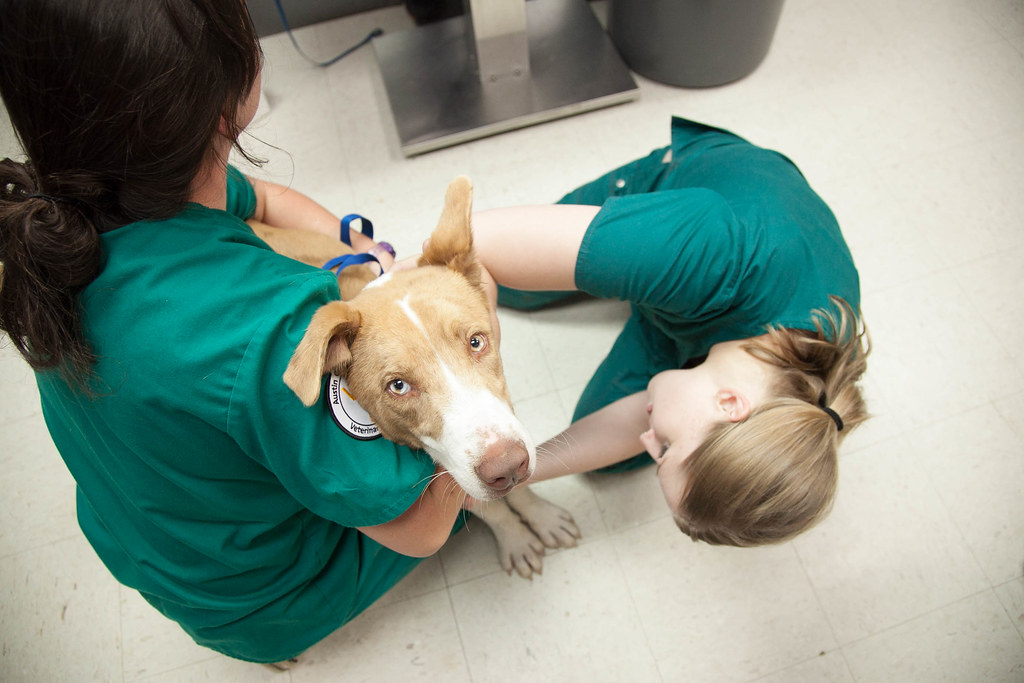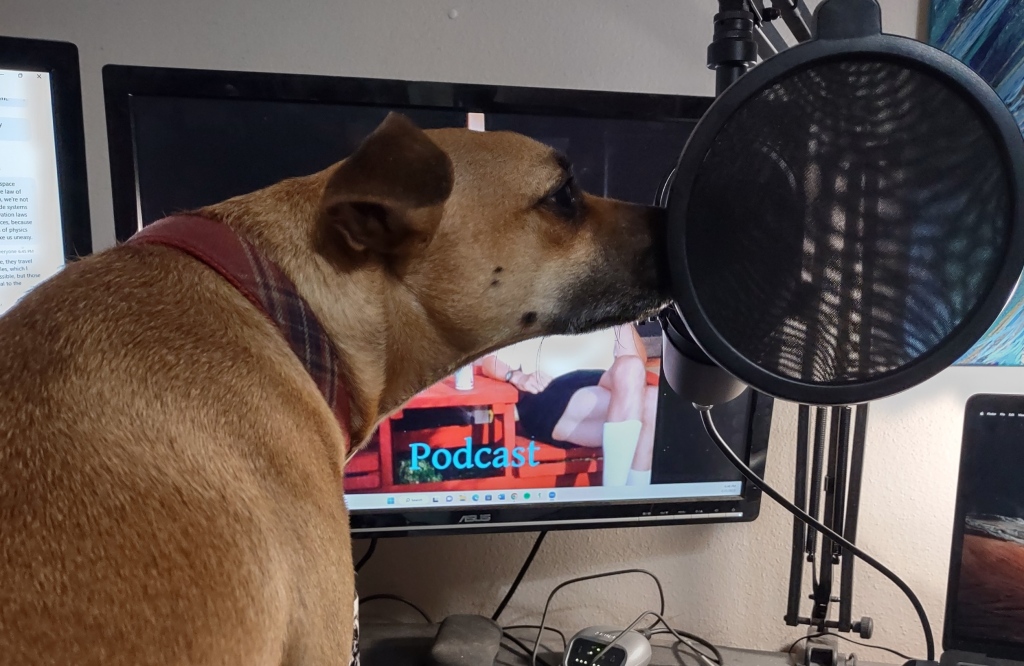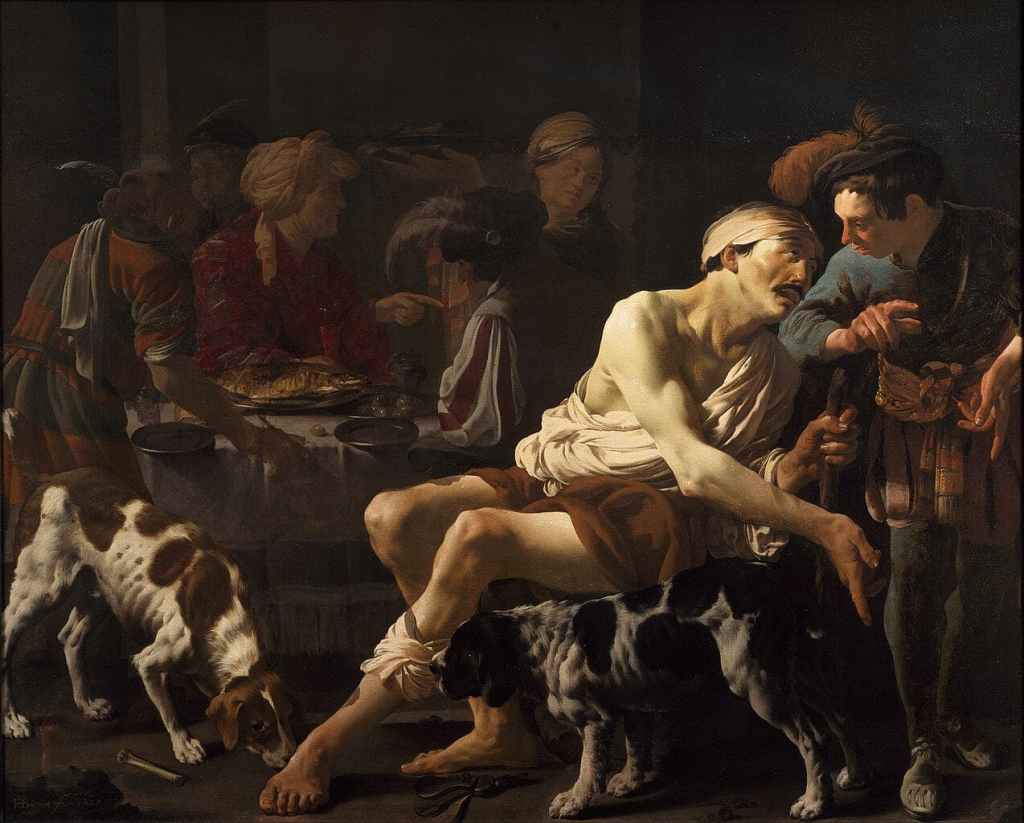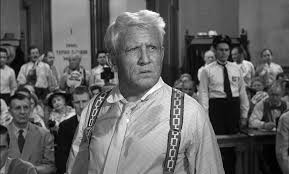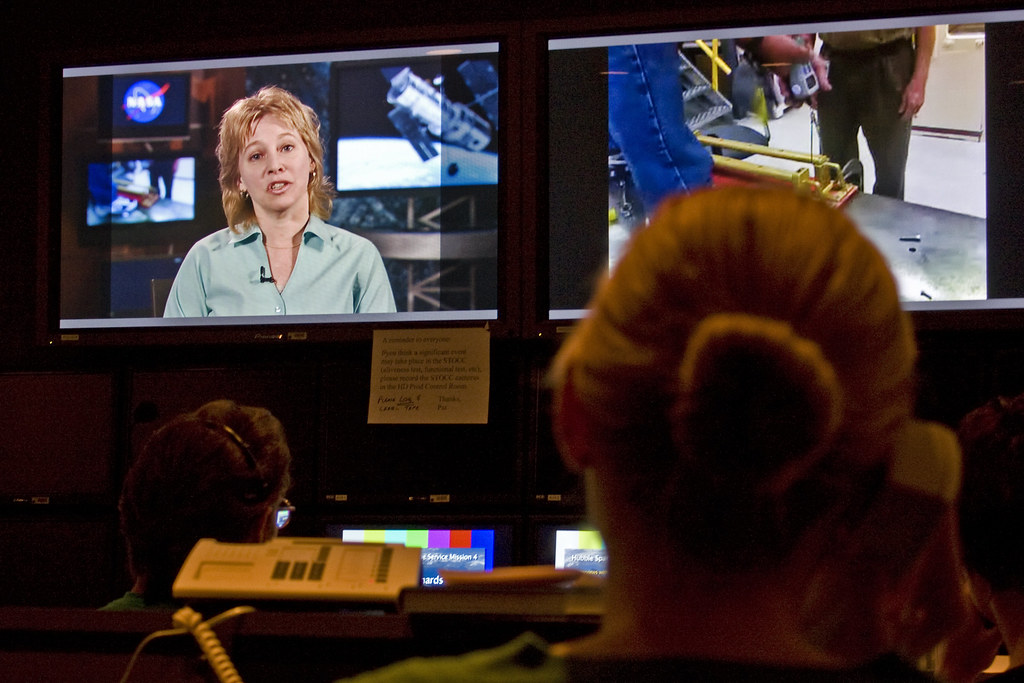
*Turns on TV*
If we’re going to discuss something, we need to agree on its definition. I’m using Merriam-Webster.
Woke: aware of and actively attentive to important societal facts and issues (especially issues of racial and social justice)
https://www.merriam-webster.com/dictionary/woke
Woke is also the past tense of the verb “wake.” It means to stop sleeping. At its core, it seems to me to mean one has become alert to some of the bad things that are happening. There are plenty of those. Being shot is now the number one cause of death for our children, surpassing even car crashes. Black people are twice as likely as White people to be shot by police officers. Violence against transgender people continues to rise. Those of us who are Woke would like to stop this.
Bigotry is now celebrated, and people are getting crabby about being called bigots just because they believe there are only two genders, or homosexuality is a sin, or Drag Queens are probably pedophiles, or that those who are not straight, white, male Christians are probably bad in one way or another. Those of us who are Woke would like people to be treated as individuals. Part of being Woke is understanding that There is no Them; we are all Us. We don’t think people should be treated differently because someone believes their identities are sinful.
Terry Pratchett had better ideas about sin.
“Sin, young man, is when you treat people like things. Including yourself. That’s what sin is.”
― Terry Pratchett, Carpe Jugulum
And that’s the heart of Capitalism. People are commodities to be traded for profit. We are numbers – statistics to be used in a study, but not individuals to be treated with love and respect.
One of the arguments I frequently hear against a woman’s right to choose what to do with her body is that rape makes up very few abortions. They’re right, at least according to my Google Search. It’s less than half a percent. So… ignore those. They’re outliers. Let’s just ban abortion for everyone.
Except… Rape victims are also human beings. Most of them are women who had a favorite blanket or stuffed animal when they were little. They probably went to their senior proms and worried about whether their makeup was right, and their dress fit properly, and was it even the right color, and what will other people think when they walk in? Some of them hugged their son when they dropped him off for kindergarten. And then someone took away their sense of safety, their sense of identity, and their grasp on their own dignity. And more than 3 million women in America were raped and became pregnant. They’re not just statistics. They matter. The statistics, if they are what matter to you, are below:
https://www.cdc.gov/violenceprevention/sexualviolence/understanding-RRP-inUS.html
Outliers are all people, regardless of how many there are. Every single one of them matters. We cannot lose sight of this fact.
When we mistreat someone, anyone, or deny them the rights some of the rest of us have, that’s bigotry.
The Oxford Dictionary defines it:
obstinate or unreasonable attachment to a belief, opinion, or faction, in particular prejudice against a person or people on the basis of their membership of a particular group.
You’re opposed to immigration? Yeah. That’s bigotry. No one chose where to be born. But you’re denying someone something because they’re members of the group of people who weren’t born in The United States. One can be a good person or bad person, or anything in between, regardless of where they were born. We decide whether someone is good or bad based on their behaviors, not their birthplace. Are they welcome to come so long as they do it legally? That’s legalism. Let’s check with Merriam-Webster again.
strict, literal, or excessive conformity to the law or to a religious or moral code
the institutionalized legalism that restricts free choice
Legalism is a shield behind which to hide the bigotry we prefer not to admit, even to ourselves.
You don’t like people whose religious beliefs are different from yours? That’s bigotry. One can have any set of beliefs and be either a good person or bad person, or anything in between, regardless of their religion. We decide whether someone is good or bad based on their behaviors not their religion.
I don’t like people who fly planes into buildings. That doesn’t mean all Muslims are bad people. The percentage of Muslims who do that is almost incalculably small. I don’t like people who burn Joan of Arc at the stake. That doesn’t mean all Christians are bad people. The percentage of Christians who do that is almost incalculably small. We make judgments about individuals not groups.
Those of us who are Woke prefer that everyone be treated with respect, dignity, kindness, and empathy. We prefer that everyone gets to live their life without interference so long as they’re not hurting anyone else.
We would like to increase understanding that some people are different from you, and that it’s okay for them to be different. That doesn’t mean you have to be like those who are different. You need only to understand that there is more than one way for a person to exist, to experience life, to see the world. This isn’t a threat to your identity. You get to be different, too. It’s perfectly fine for everyone to be unique. In fact, it’s unavoidable.
Of course, this is when we’re going to hear about The Paradox of Tolerance. What’s that? We’ll use Wikipedia this time.
The paradox of tolerance states that if a society is tolerant without limit, its ability to be tolerant is eventually seized or destroyed by the intolerant. Karl Popper described it as the seemingly self-contradictory idea that in order to maintain a tolerant society, the society must retain the right to be intolerant of intolerance.
— https://en.wikipedia.org/wiki/Paradox_of_tolerance
I need to tolerate those who disagree with me. And, obviously, I do. Many of my friends and more than a few of my listeners are probably annoyed that I find their intolerance of those who are different to be bigotry. That doesn’t mean I don’t love them. It means that I would like to help to make them rethink some of their ideas.
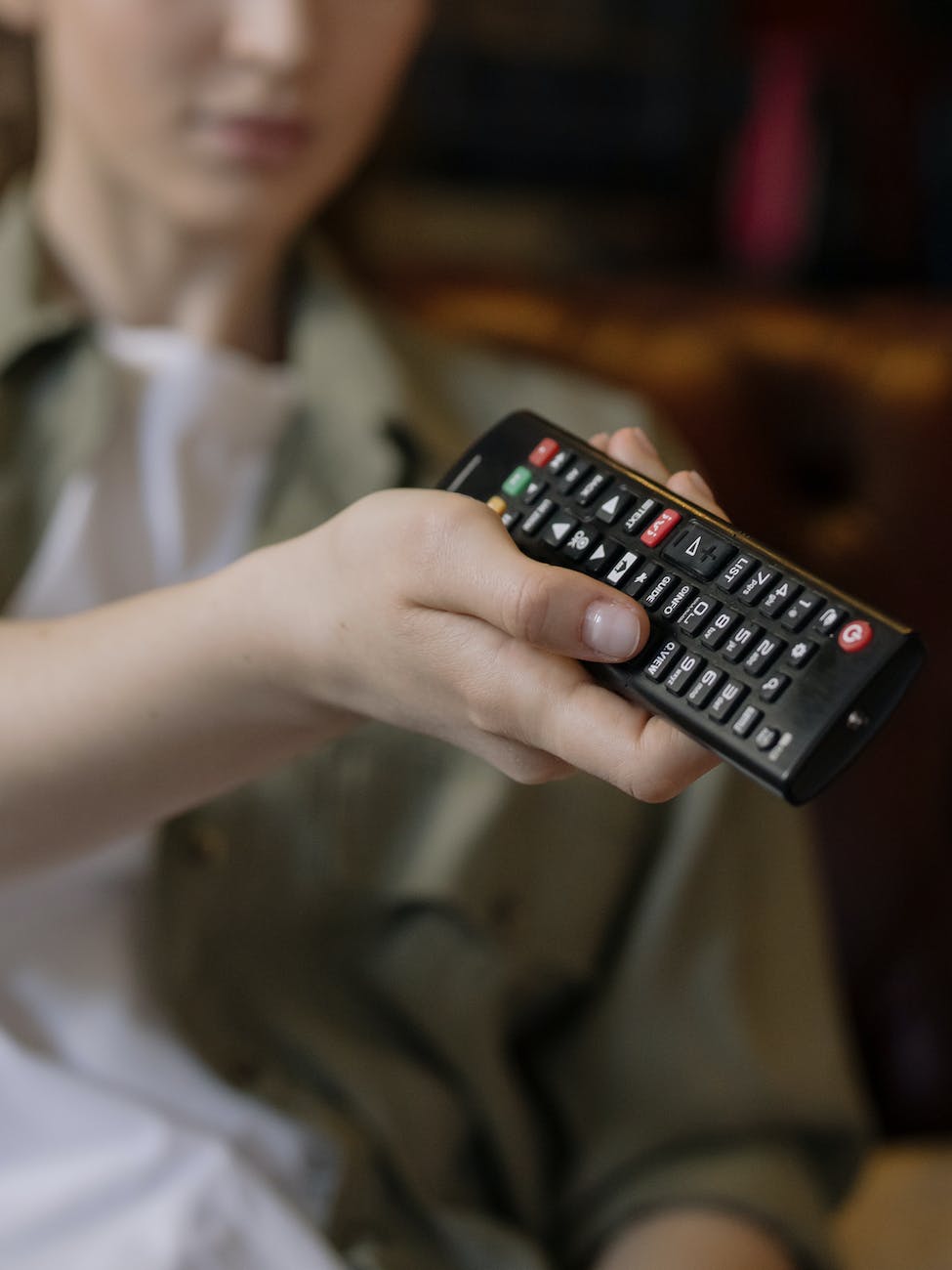
*Switches channel*
***
Swanson McDeere here.
I was doing what I was told to do. I made billions of dollars for them. I was the top money maker for seven years. Seven fucking years! And goddamn Wolf News gives in to the Woke Cancel Culture.
Did I lie? Yes, of course I did. I really – no kidding – I see no problem with that. Some of the Left’s greatest heroes lied. Steinbeck? Absolutely a liar. There’s no evidence Tom Joad ever existed. Lenny and George? Pure bullshit. But they give him a goddamn Nobel fucking Prize for his lying. So long as you tell the right lies, everyone loves you. Tell lies that make people think? Lies that make people uncomfortable? You get cancelled!
***
*Switches channel*
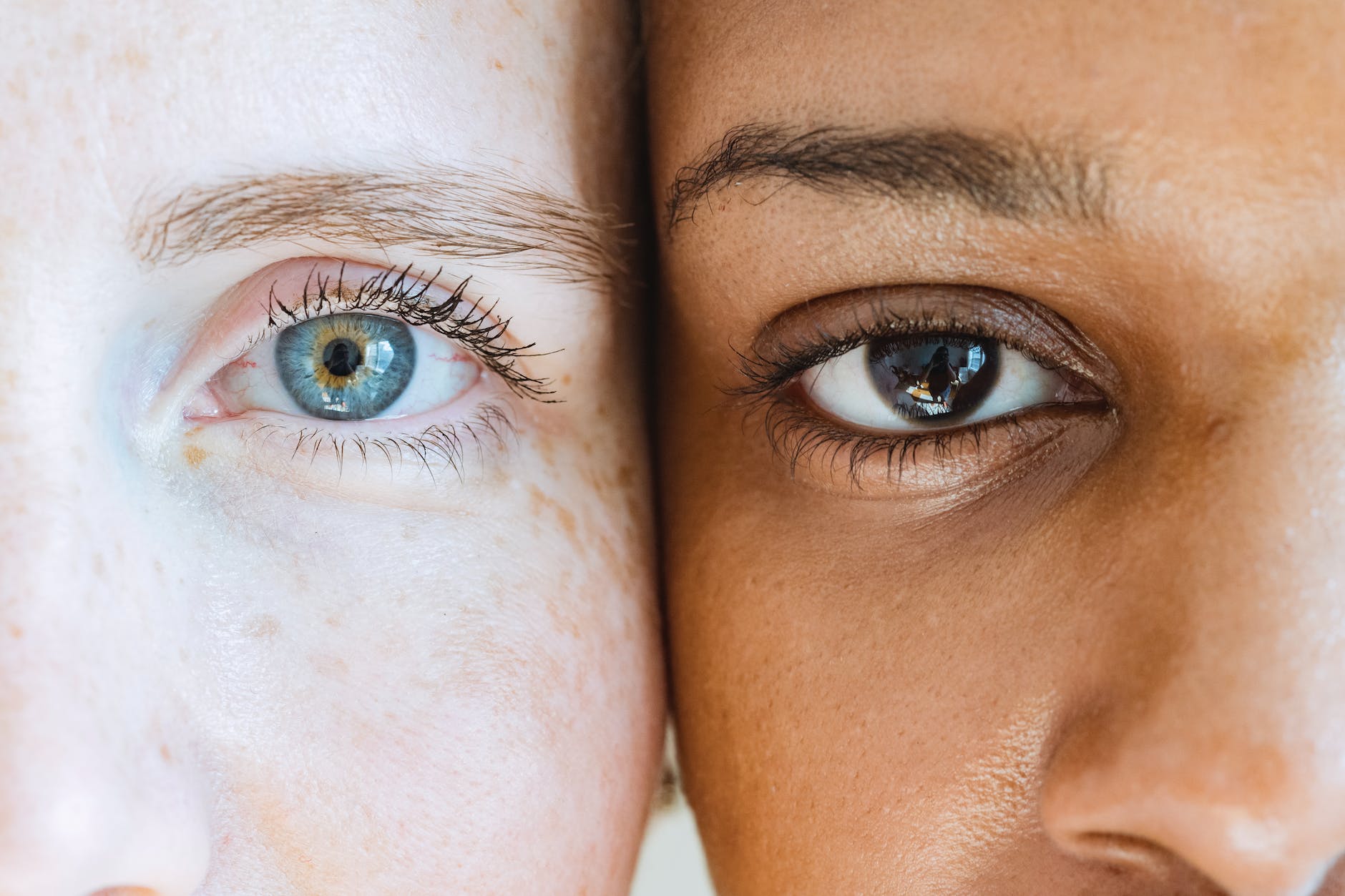
This is a quotation I’ve seen on Facebook recently, and I think it handles it well:
The Paradox of Tolerance disappears if you look at tolerance, not as a moral standard, but as a social contract. If someone does not abide by the contract, then they are not covered by it. In other words: The intolerant are not abiding by the terms of the social contract of mutual tolerance.
I’m not looking to lock anyone up for being a bigot. I’m not hoping to shun them or “cancel” them, but I would like them to see themselves honestly so there is an opportunity for them to change.
*Switches channel*
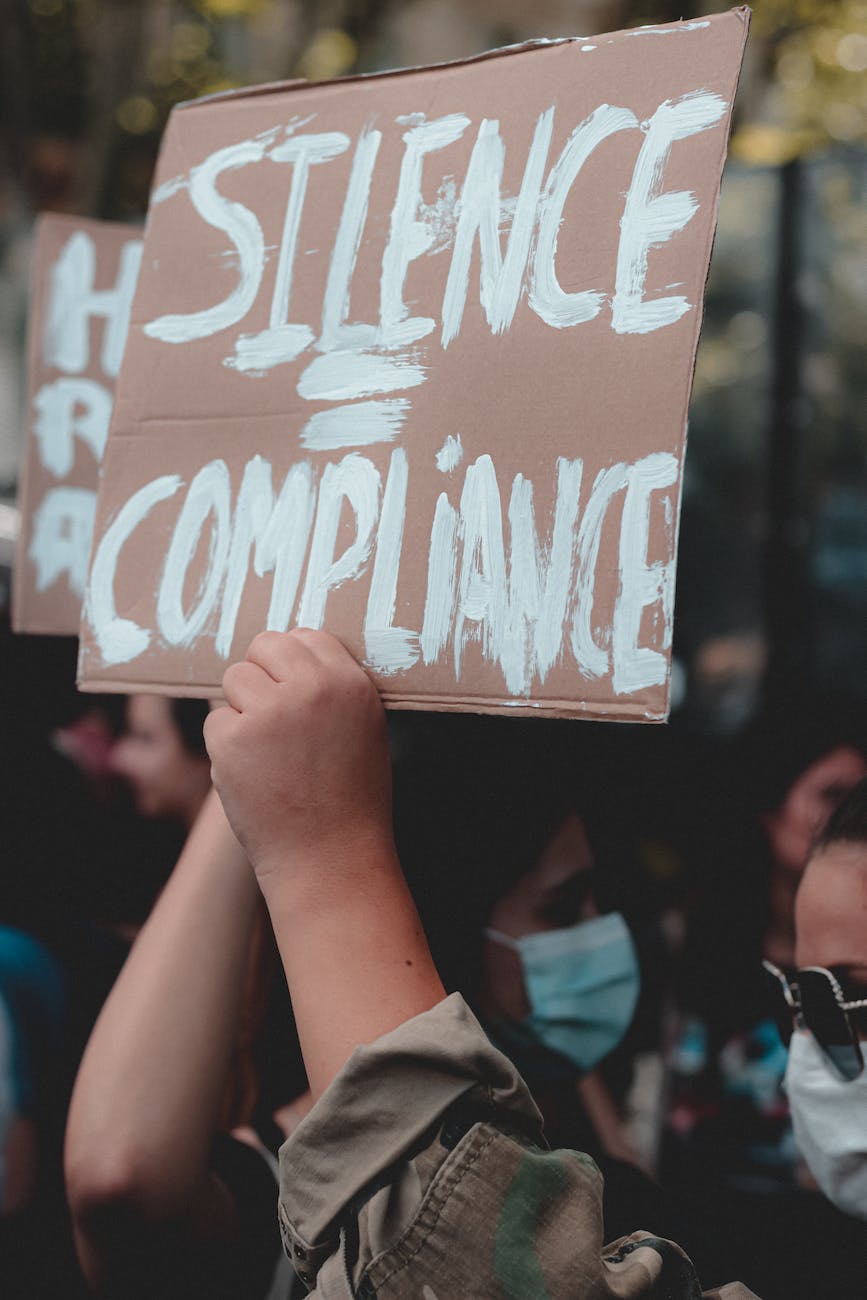
***
I get fired, and The Left cheers. How tolerant of them! Isn’t that their thing? We’re supposed to tolerate people who are different, right? Where’s the tolerance for those who believe in hard work? Where’s the tolerance for people who believe in traditional American values? Where’s the tolerance for people who know that God made two genders… who don’t want men in the women’s restroom, who don’t want men pretending to be women and competing against women who are biologically weaker than they are? Where’s the tolerance for those who believe life is sacred and no child should be murdered before it’s born?
If I had to lie to convince people of the Truth, so be it! I was paid to do it. I was proud to do it. And some whiny thin-skinned company throws a goddamn fit because they think my little lies hurt their business. If your business isn’t good enough to survive a few lies, you don’t deserve to be in business.
What happened to the Freedom of Speech the Woke Left worships? Free Speech is great so long as you don’t say anything that pisses anyone off. But if you hurt their little feelings, they fine you three quarters of a billion dollars!
***
*Switches channel*

Being different doesn’t necessarily represent a threat to anyone. Granted, if being “different” means you’re a child molester or a serial killer, that won’t work. Someone needs to stop you. If being different means only that someone’s identity is not the same as yours, they’re not hurting you. I would like them to discover their own identity, their own purpose, their own place in the world. Why is that a problem?
It’s in that wild-open-range-diversity that we expand the possibilities of human existence. It’s where we find new meanings, new ideas, and new hope. What is the advantage of limiting it?
I hear plenty of complaints about The Woke Police. These are people who object to others being marginalized, disrespected, or denied rights because they don’t fit into the norm. The people who complain about them, it seems to me, don’t like facing the fact that they would like to make others less than, and The Woke would prefer that everyone is allowed to live their lives without being hurt.
Writer, broadcaster, former barrister and Guardian columnist Afua Hirsch says: “The truth is, there are no woke police.”
Hirsch explains: “In reality, the only thing that unites the woke is an intellectual curiosity about identity and how complex, how nuanced, how rooted in disparate histories it can be. The real groupthink, the genuinely cohesive crowd, it’s increasingly clear, is that of the anti-woke, the most weaponised identity of all.”
Hirsch points out the irony of “the rightwing culture warriors [who] claim to support free speech” but “they seem to want minorities to shut up and stop complaining”.
*Switches channel*
***

They can say all kinds of bullshit, and it’s fine. They say there’s more than two genders: lie! They say lazy whiny welfare queens deserve our support: lie! They say it’s our responsibility to feed their little monsters: massive lie! They make the unsupportable claim that everyone should be allowed to vote, and the morons cheer. So long as it fits their bleeding-heart agenda, it’s all fine.
So, I’ll tell you the truth one last time, and then you won’t have Swanson McDeere to kick around anymore.
There are two genders. They’re assigned at birth. God made the world that way.
People who don’t pull their weight are a drain on our society. They belong in a homeless shelter.
If people can’t support their kids, they need to keep their legs together. If someone is raped, the female body makes sure she doesn’t get pregnant. Those are the facts, whether those Woke Left pussies like them or not.
Thank you for all your support over the last seven years. I weep for America.
***
*Switches channel*
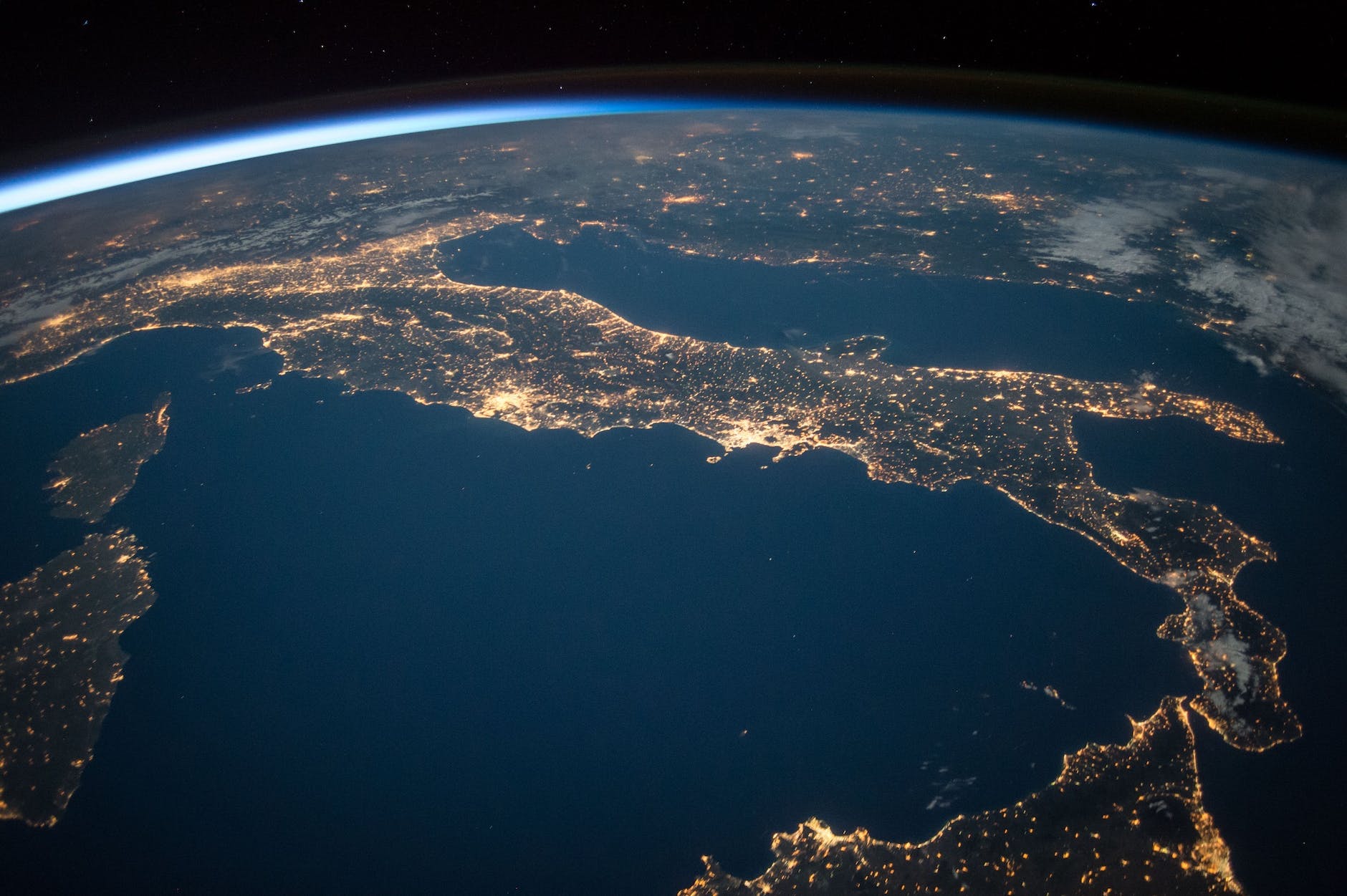
If we want to have a better world, one that includes all of us, the first step is to believe in it. If Fred’s Front Porch Podcast does nothing else, I hope it helps you to believe in what many call impossible. If we buy into the idea that the world can’t be changed, then the cynics are right. We will be here forever. If we can convince ourselves, however, that change is possible, we’re already on the way to making that change.
Pick the channel you want to watch. Pick the ideas you want to consider. Thanks for considering mine.
I’m Woke. And whether we agree about anything at all… I love you.
*Turns off TV*
